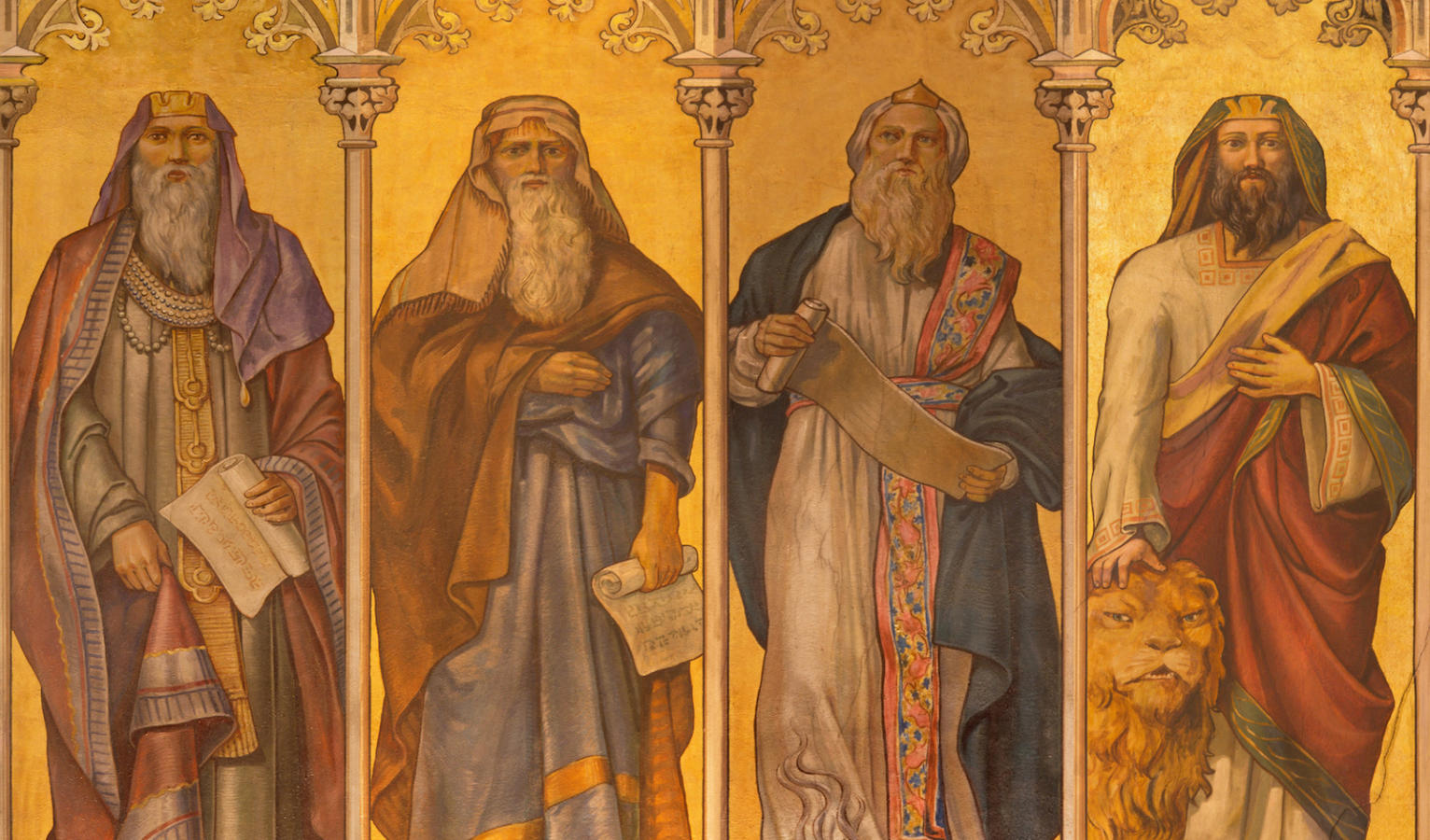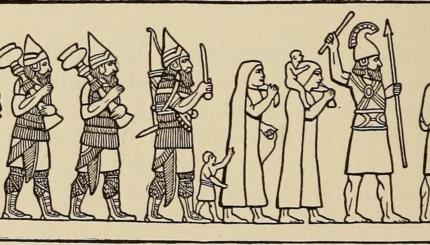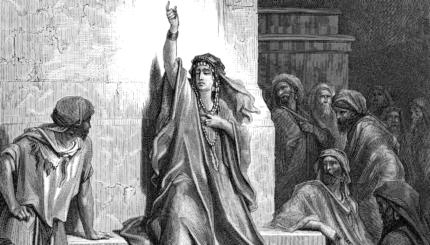Jeremiah was one of the major prophets of the Bible whose life and sayings are collected in the biblical book that bears his name. His prophecies, among the most stark and pessimistic in all of biblical literature, were aimed as a rebuke to Jews who had surrendered to idolatry and depravity. The English word “jeremiad,” which means complaint or lamentation, is a derivation of the prophet’s name.
The main source of information concerning Jeremiah’s life is the biblical Book of Jeremiah, which records that Jeremiah was born to a priestly family in Anathoth. His ministry began in the 13th year of the reign of King Josiah, who ruled the land of Judea in the seventh century BCE.
Jeremiah lived at a time of deep upheaval in Jewish history, most significantly the destruction of the First Temple in 586 BCE and the exile of the Jewish people to Babylonia. Much of the Book of Jeremiah is a lengthy tirade against the people for their faithlessness and ominous warnings of the destruction to come if they do not mend their ways. Jeremiah himself was scorned by the people to whom he preached, arrested, beaten and left in a pit. King Zedekiah, the last ruler of Judah, had him imprisoned for warning of the fall of Jerusalem. Eventually Jeremiah was exiled to Egypt, where he eventually died. According to Jewish tradition, Jeremiah was also the author of the Book of Lamentations, the sorrowful recounting of the destruction of Jerusalem that is read on the fast day of Tisha B’av.
The early chapters of the Book of Jeremiah are laden with imagery of death and dispersion. “The carcasses of this people shall be food for the birds of the sky and the beasts of the earth, with none to frighten them off,” the prophet warns in an emblematic passage. “And I will silence in the towns of Judah and the streets of Jerusalem the sound of mirth and gladness, the voice of bridegroom and bride. For the whole land shall fall to ruin.”

Help us keep Jewish knowledge accessible to millions of people around the world.
Your donation to My Jewish Learning fuels endless journeys of Jewish discovery. With your help, My Jewish Learning can continue to provide nonstop opportunities for learning, connection and growth.
Yet his was also a vision of hope. Laced throughout Jeremiah’s prophetic warnings are promises that returning to God shall lead to divine blessings and that God will ultimately honor his covenant with the Jewish people. In one of the most famous passages in the Book of Jeremiah, the prophet buys a field as the armies of Babylon were laying siege to Jerusalem, a gesture that has come to represent hope in God’s faithfulness to his people. The later chapters of the Book of Jeremiah repeatedly reiterate God’s promise to redeem the people of Israel and restore them to their ancient land.



